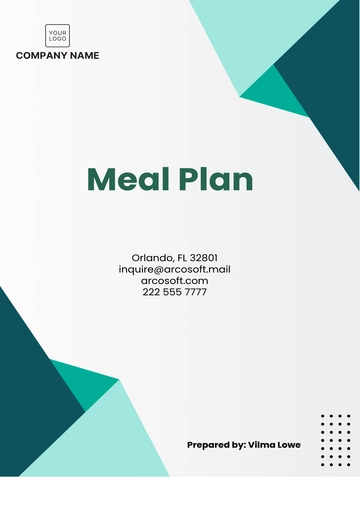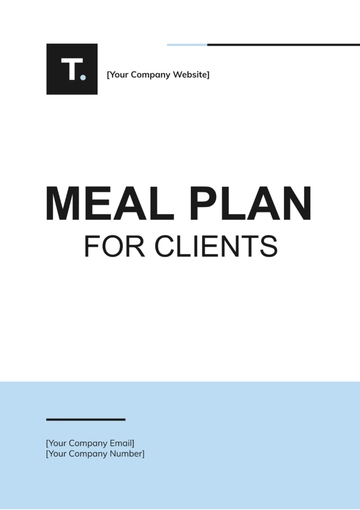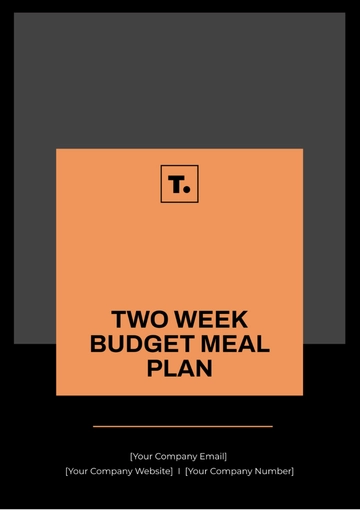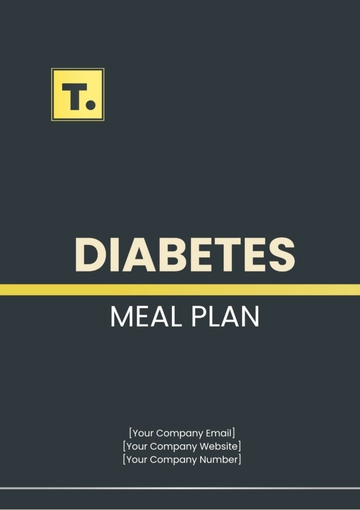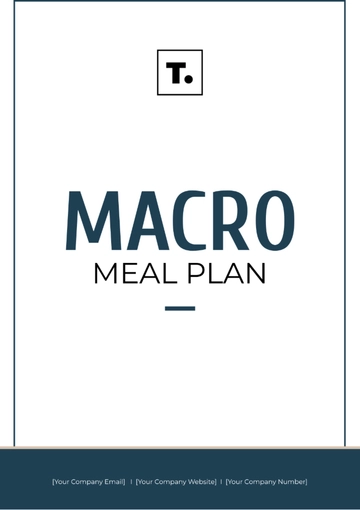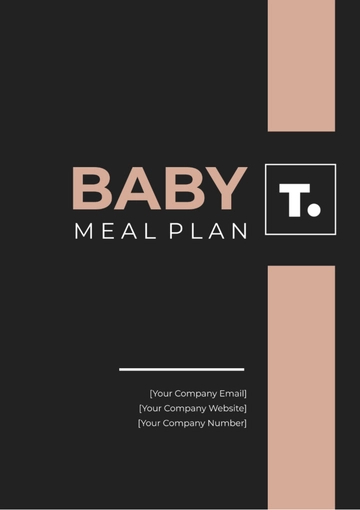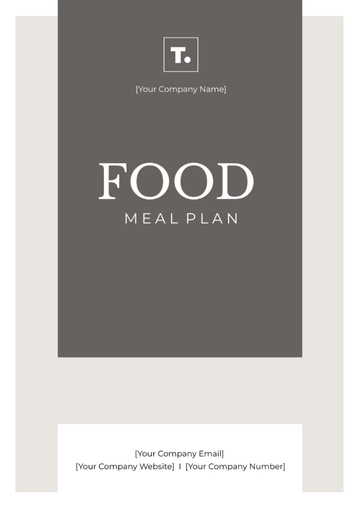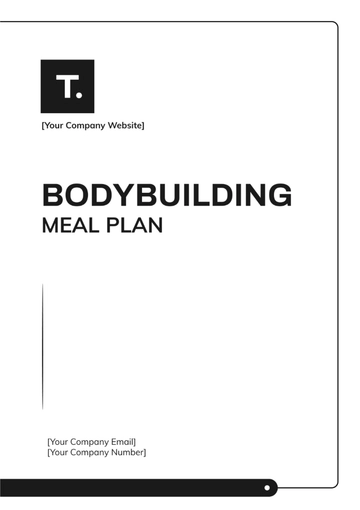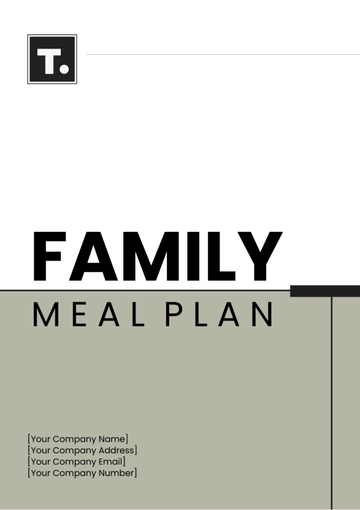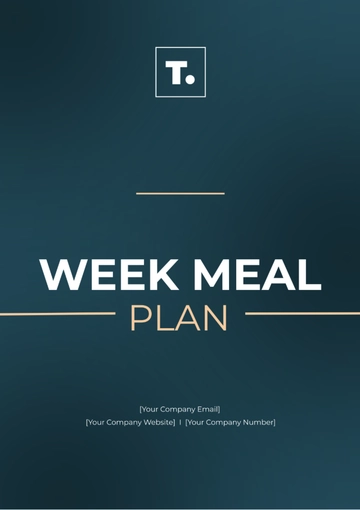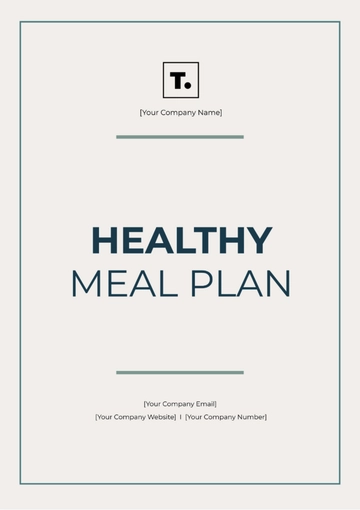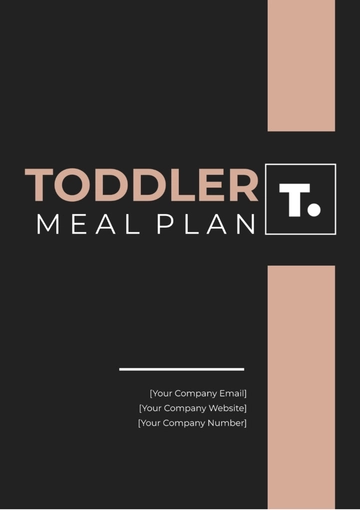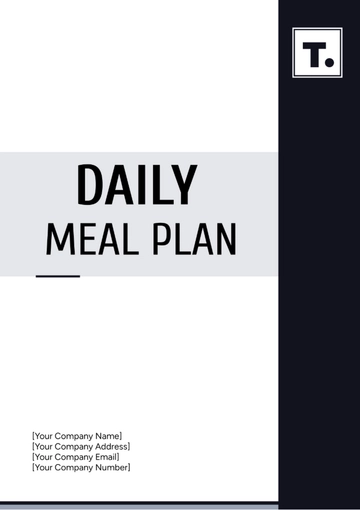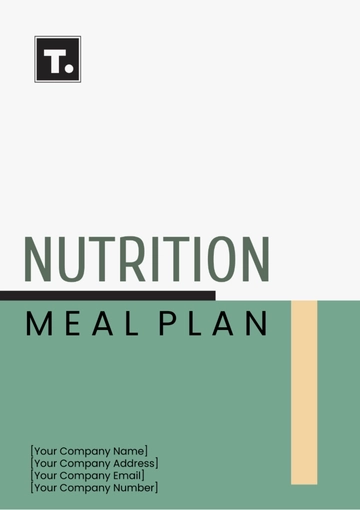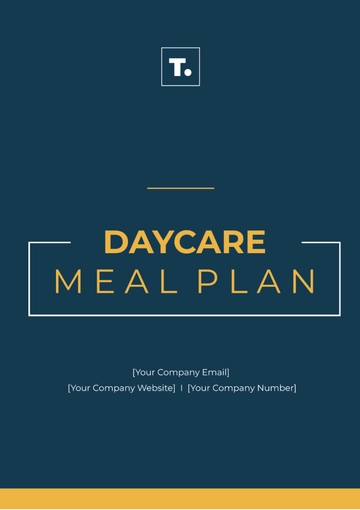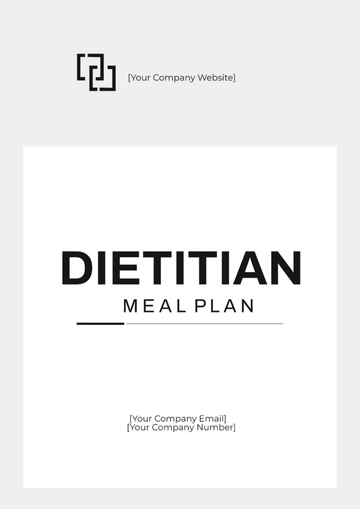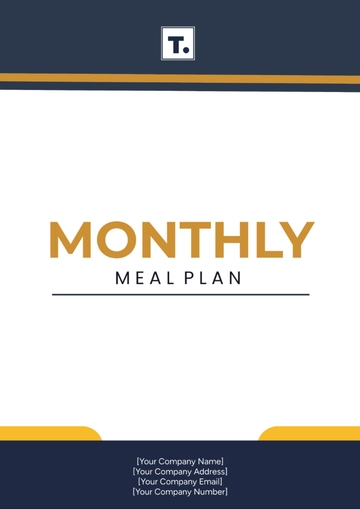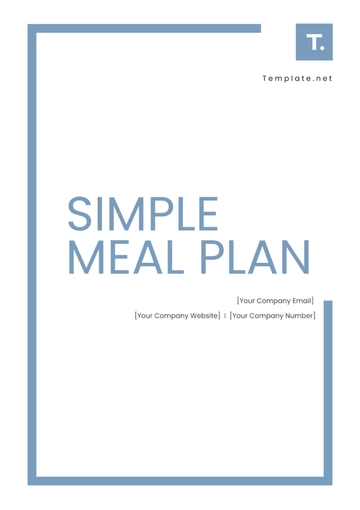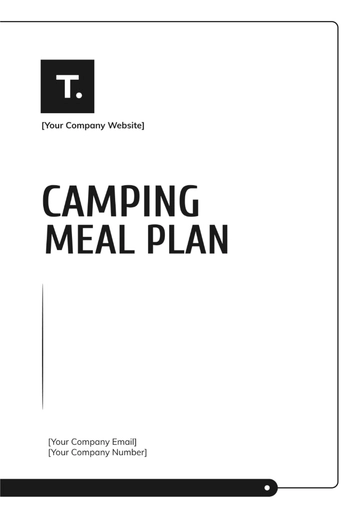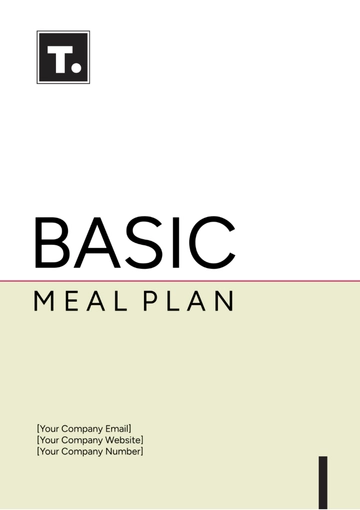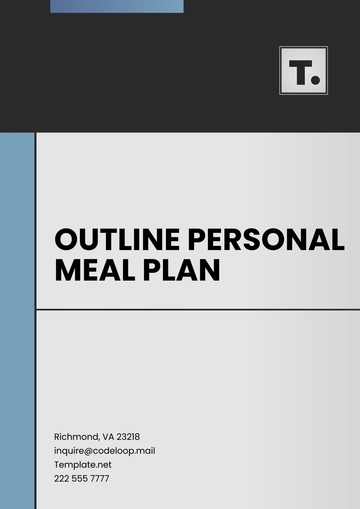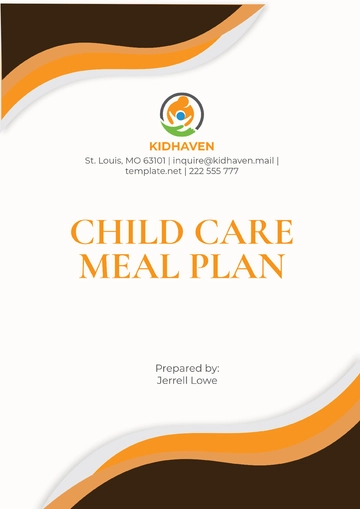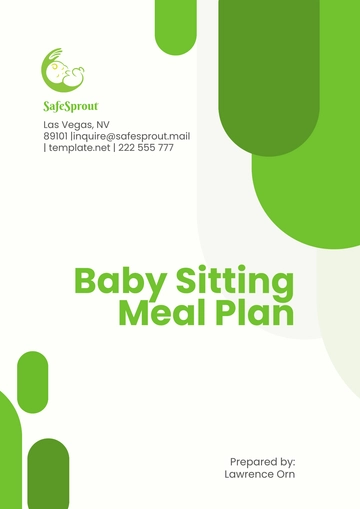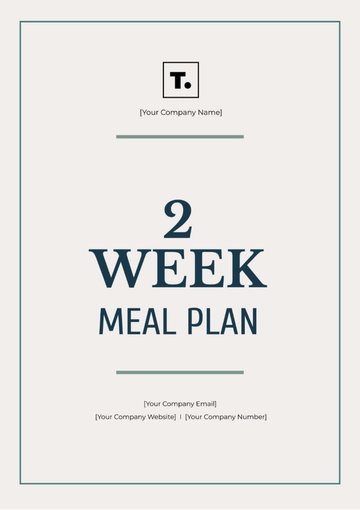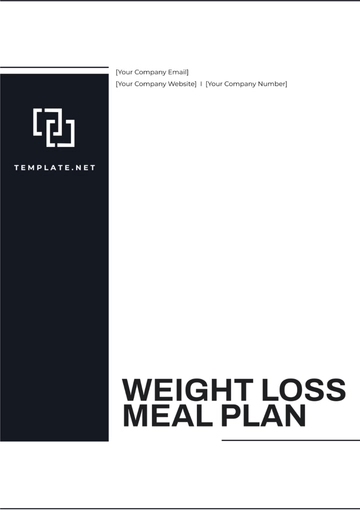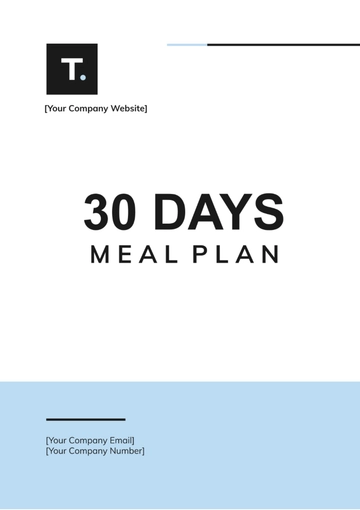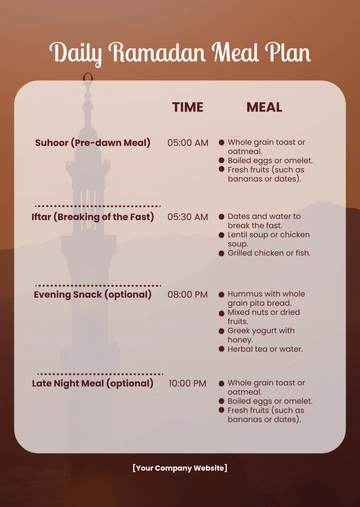Free 3 Day Meal Plan

Prepared by: [Your Name]
I. Introduction
This 3-day meal plan is specifically tailored to meet the dietary needs of individuals managing heart disease and hypertension. It prioritizes heart-healthy ingredients rich in nutrients such as fiber, potassium, and omega-3 fatty acids while limiting sodium and saturated fats to support cardiovascular health. By following this meal plan, individuals can take proactive steps toward managing their condition and promoting overall well-being.
II. Meal Plan Goals
Reduce Sodium Intake: High sodium consumption can exacerbate hypertension and increase the risk of cardiovascular events. This meal plan aims to limit sodium intake by emphasizing whole, unprocessed foods and incorporating flavorful herbs and spices in place of salt.
Promote Heart-Healthy Fats: Incorporating sources of unsaturated fats, such as fatty fish, nuts, seeds, and avocado, helps lower LDL cholesterol levels and reduce the risk of heart disease. This meal plan includes these heart-healthy fats to support cardiovascular health and improve lipid profiles.
Balance Nutrient Intake: Ensuring a balanced intake of nutrients, including fiber, potassium, and magnesium, is crucial for managing hypertension and supporting overall heart health. This meal plan focuses on nutrient-rich foods like fruits, vegetables, whole grains, and lean proteins to provide essential nutrients and promote optimal health.
III. Meal Plan Table
Day 1
Time | Meal | Description |
|---|---|---|
Breakfast | Oatmeal with sliced bananas and walnuts | Hearty oatmeal topped with sliced bananas and walnuts served with green tea. |
Lunch | Grilled chicken salad | Mixed greens, cherry tomatoes, cucumbers, and grilled chicken breast with balsamic vinaigrette, accompanied by a whole grain roll. |
Dinner | Baked salmon | Salmon fillet baked with lemon and dill, served with steamed asparagus and quinoa pilaf. Dessert: Mixed berry parfait with Greek yogurt. |
Snack | Carrot sticks with hummus | Fresh carrot sticks paired with creamy hummus for a satisfying snack. |
Day 2
Time | Meal | Description |
|---|---|---|
Breakfast | Greek yogurt parfait | Creamy Greek yogurt layered with fresh berries and granola served with herbal tea. |
Lunch | Lentil and vegetable soup | Flavorful soup made with lentils, vegetables, and herbs, served with whole grain crackers. |
Dinner | Grilled shrimp skewers | Skewers of grilled shrimp, pineapple, and bell peppers, accompanied by brown rice and sautéed spinach with garlic. |
Snack | Apple slices with almond butter | Crisp apple slices served with creamy almond butter for a nutritious snack. |
Day 3
Time | Meal | Description |
|---|---|---|
Breakfast | Whole grain toast with avocado | Toasted whole grain bread topped with mashed avocado and sliced tomatoes, served with orange juice. |
Lunch | Turkey and avocado wrap | Whole wheat tortilla filled with sliced turkey, avocado, lettuce, and tomato, accompanied by a mixed green salad with vinaigrette. |
Dinner | Baked cod with Mediterranean salsa | Cod fillet baked with a flavorful Mediterranean salsa served with roasted sweet potatoes and steamed broccoli. Dessert: Mixed fruit salad. |
Snack | Plain Greek yogurt with honey | Creamy Greek yogurt drizzled with honey and topped with sliced almonds for a satisfying snack. |
IV. Nutritional Guidelines
Sodium Intake: Limit sodium consumption to less than 2,300 milligrams per day, or ideally, aim for less than 1,500 milligrams per day for individuals with hypertension. Choose fresh, unprocessed foods and use herbs, spices, and citrus juices to enhance flavor instead of salt.
Healthy Fats: Emphasize sources of unsaturated fats such as fatty fish (salmon, mackerel, trout), nuts, seeds, avocado, and olive oil. Limit saturated and trans fats found in processed foods, fried foods, and fatty cuts of meat to support heart health and manage cholesterol levels.
Fiber-Rich Foods: Incorporate plenty of fiber-rich foods such as fruits, vegetables, whole grains, legumes, and nuts to promote digestive health and regulate blood sugar levels. Aim for at least 25 grams of fiber per day for women and 38 grams per day for men.
Lean Proteins: Choose lean protein sources such as poultry (skinless chicken, turkey), fish, legumes (beans, lentils), and tofu to reduce saturated fat intake and support muscle health. Limit consumption of red and processed meats, which may increase the risk of heart disease and other health conditions.
Potassium-rich foods: Include potassium-rich foods like bananas, oranges, spinach, sweet potatoes, and tomatoes in your diet to help lower blood pressure and counteract the effects of sodium. Aim for 3,500 to 4,700 milligrams of potassium per day from food sources.
Hydration: Stay hydrated by drinking plenty of water throughout the day, aiming for at least 8 glasses (64 ounces) per day. Limit intake of sugary beverages, caffeinated drinks, and alcohol, which can contribute to dehydration and may negatively impact heart health.
Portion Control: Practice portion control to maintain a healthy weight and prevent overeating. Use smaller plates, bowls, and utensils to help manage portion sizes, and listen to your body's hunger and fullness cues to avoid excessive calorie intake.
- 100% Customizable, free editor
- Access 1 Million+ Templates, photo’s & graphics
- Download or share as a template
- Click and replace photos, graphics, text, backgrounds
- Resize, crop, AI write & more
- Access advanced editor
Need a quick dietary reset? This simple and straighforward 3 Day Meal Plan Template, offered by Template.net, is the perfect tool for you. Perfect for jumpstarting healthy habits, it's customizable to suit your preferences. Download and print it for immediate use. Editable in our AI Editor Tool, it ensures your meals align with your goals effortlessly.
